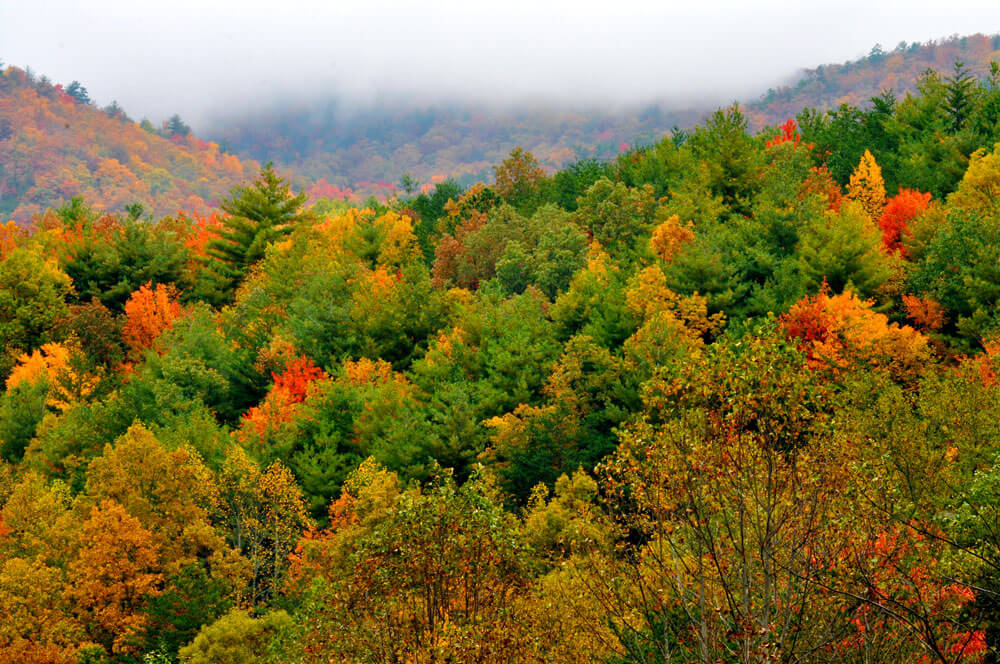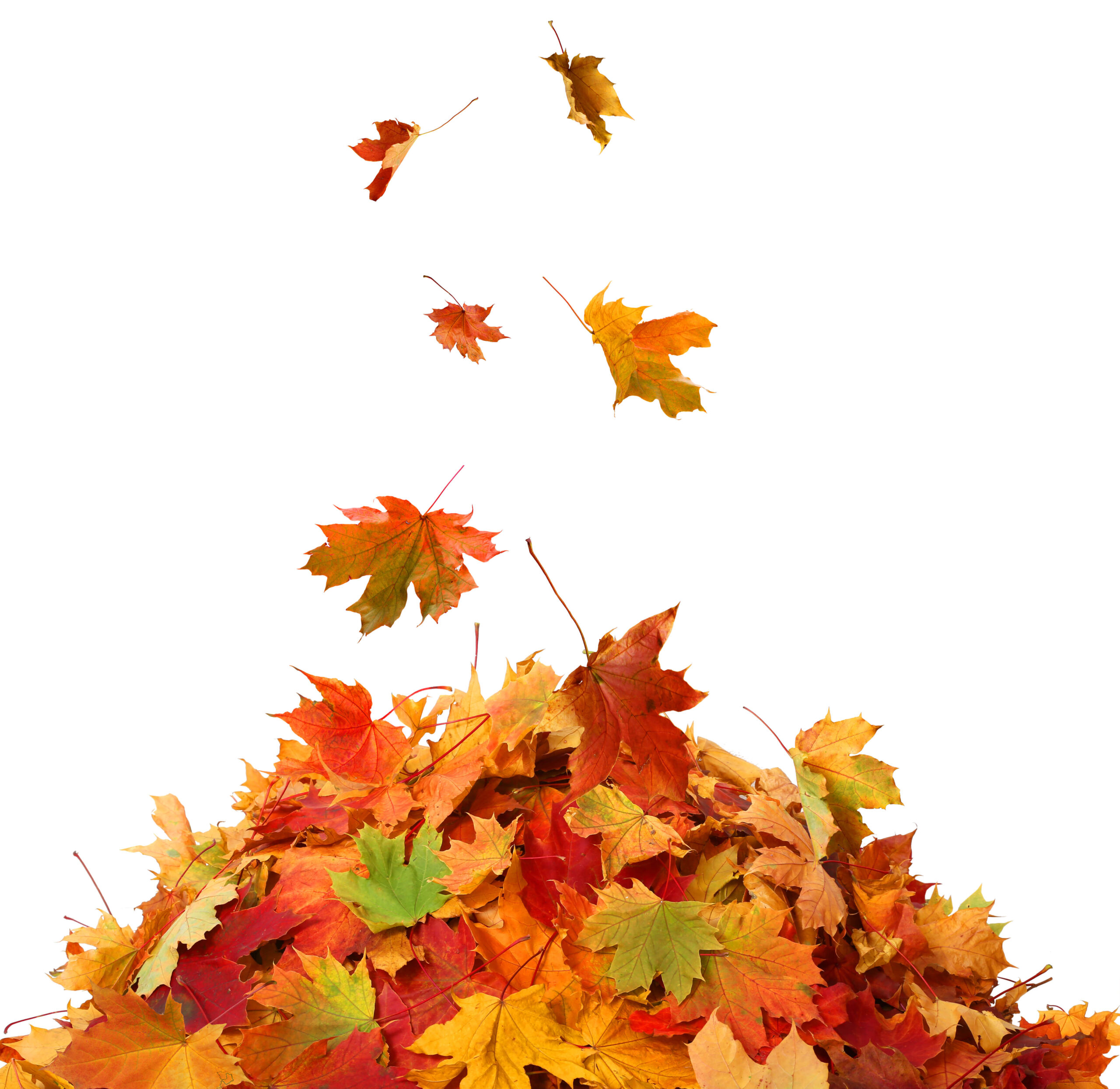Pumpkin Spiced flavors have hit grocery stores, coffee shops, and restaurants everywhere meaning fall foliage is on it’s way! Of course the Great Smoky Mountains are always stunning throughout the year, but during fall, they become a multi colored masterpiece! Reds, yellows, oranges, and browns paint the mountains drawing visitors in from all over the country.
When can we see these colors?
October is the best month to see the colors, however it varies due to rainfall, temperature, and other natural elements. The process for the mountains changing colors takes several weeks between September and October. Colors also vary on elevation, that being said, you’ll see fall colors beginning at higher elevations. This usually begins towards the middle of September, and creeps down the mountains towards the middle of October. To see the mountains complete with color we recommend visiting during mid October to mid November!
How do you predict what colors will show?
Each tree is different in the way it changes during the season. There are several popular trees located in the national park that can be easier to spot out.
Oak Trees- portray red and brown colored leaves
Dogwood Trees- change to a deep red or purple-like color
Birch Trees- display a beautiful bright yellow
Hickory Trees- change to a golden brown color
Poplar Trees- similar to the Hickory trees, they too change to a golden yellow color
With over 100 different species of trees within the Great Smoky Mountains, there are an array of colors displayed during the fall!
How do the trees change colors?
When the days grow shorter and the air grows cooler, the trees reduce the amount of photosynthesis they do. This causes a reduced level of chlorophyll, which is the green pigment in leaves. Chlorophyll works by absorbing sunlight and using it for photosynthesis. Since the tree is not requiring as much of the photosynthesis process, chlorophyll begins to deplete. During spring and summer, chlorophyll masks the yellow and orange pigments. Once fall arrives and the chlorophyll begins to dissipate, the other colors are no longer masked and become highly visible.
The red color comes from anthocyanin. While the other pigments are present in the leaves year round, anthocyanin does not appear until the chlorophyll begins to break down and the plant will then synthesize anthocyanin. Anthocyanins are believed to help protect the plant from sun damage, lower the plant’s freezing point, and help keep the leaves on the tree longer which allows the plant to absorb more nutrients from the leaves. The shades and hues of the reds in a tree is based on the pH of the leaves’ cell sap. If a leaf has acidic sap, the leaf will yield a bright red color. If the leaf is more basic and less acidic, the red tends to be more purple in color.
Brown is the least exciting part of the transformation. The brown colors come from the waste products that become trapped within the leaf. The leaves will fall when the veins that transport the nutrients and water o the leaf from the rest of the tree are sealed off.
For more information and updates during the season, be sure to follow the Great Smoky Mountains National Park at:
Website: https://www.nps.gov/grsm/planyourvisit/fallcolor.htm
Facebook: https://www.facebook.com/GreatSmokyMountainsNPS



